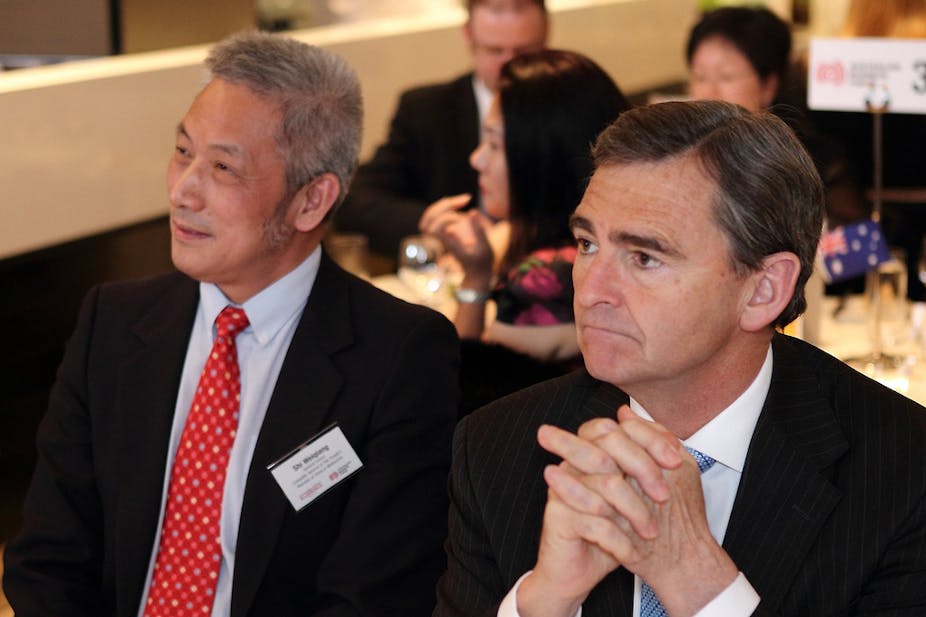The decision by the Australian government to ban Chinese technology giant Huawei from participating in tenders for the national broadband network has been somewhat vindicated, say experts, after a US congressional report found the firm represented a risk to national security.
In the wake of the report by the House intelligence committee, international security expert John Lee said there could be further investigations triggered, including criminal investigations.
The report states committee officials plan to refer their findings about Huawei to the Justice Department and the Department of Homeland Security. The report also refers to a classified annex including more information that is of concern.
“If the house intelligence committee is correct that there are serious instances they haven’t put in the report, we should expect further investigations and the issue will not go away,” Dr Lee said.
Huawei counts former foreign minister Alexander Downer and former Victorian premier John Brumby among its board members. In March, Chairman and retired rear admiral John Lord told the Australian Financial Review Huawei was not a security threat to Australia. Huawei’s US spokesman today called the report “an exercise in China-bashing”.
But Dr Lee said the burden of proof was on Huawei, and that during the investigation, which it actually called for, the company did not discharge that burden of proof.
“There’s no proof that anything Huawei has done is illegal, but in the Australian or US situation in my view they are still hugely non-transparent in terms of their operations, their management, and the way local chapters are run.”
Dr Lee was questioned by senior counsel from the House intelligence committee, and some of his work is referenced in the committee’s report.
Huawei’s local board has flagged the potential of listing on the ASX, however Dr Lee said he didn’t believe this would placate security fears.
“It will enhance financial transparency but not transparency in terms of management and policy,” Dr Lee said.
He said the report would make it difficult for the Coalition to reverse the original decision of the Australian government to ban Huawei from the NBN, despite its assertion that it would review the decision.
The House committee report, though still a draft, is likely to come up during the next US presidential debate, which is on foreign policy, said Adam Lockyer, lecturer in US politics and foreign policy at University of Sydney.
“Both will go hard on China and they may use this report in the presidential debate to look tough on China,” Dr Lockyer said.
He said many of the concerns raised in the report were the product of a cultural clash between the US and China.
“All of them have to do with the very different business culture in China.”

